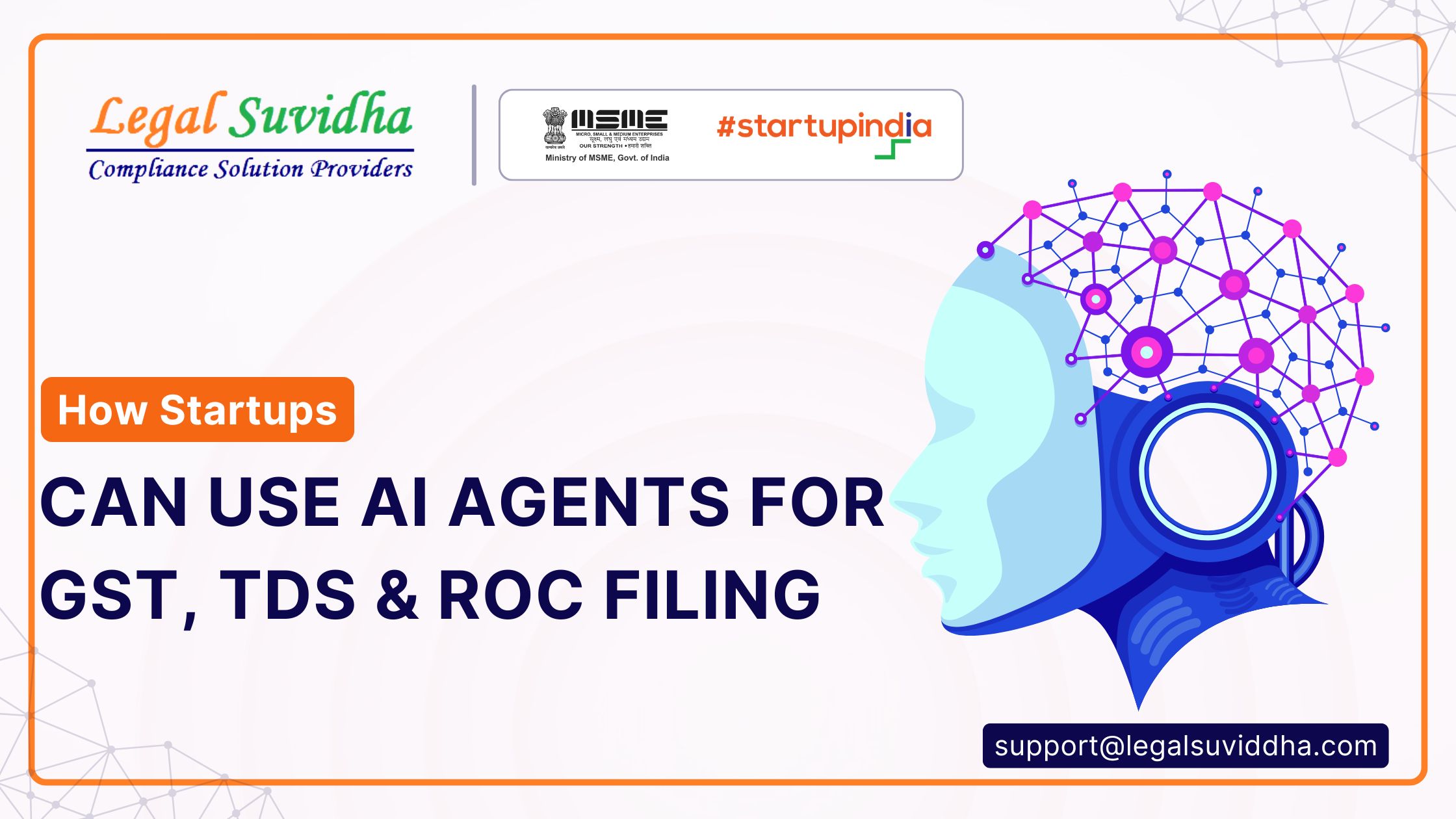HUF: SAVE YOUR TAXES THROUGH HUF
HUF can be used as an efficient tax saving tool that can be used to reduce taxes by proper Tax Planning.
The notion of HUF Hindu undivided family) is particularly relevant In India since joint families exist in Indian culture where an individual’s income is also taxed as joint income.
Income is charged on family as a whole as a unit. So, we can conclude that family is assessable as a unit and has to hold a separate PAN card for earning income and getting assessed under Income tax act, 1961.
What is Hindu undivided family?
- As per Hindu law, it is a family consisting of all persons lineally descended from a common ancestor, including wives and unmarried daughters.
- HUF cannot be created under a contract but is automatically created in a joint Hindu family with common ancestors and linear descendant.
- There are 3 conditions which need to be fulfilled to meet the HUF criteria: Must be Hindu. Jain, Buddhist and Sikh families even though are not governed by the Hindu Law, but they are treated as HUF under the Act. There should be a Co-parcenership.
- There should be a joint family property which consists of ancestral property, property acquired with the help of ancestral property and property transferred by its members.
- There should be common ancestor and at least 2 coparceners to recognize HUF under Income tax Act.
Who is Karta, Co-parcener or member of HUF?
The person responsible for managing the affairs of the family is called Karta. In most of the cases, the senior-most male member of the family is known as Karta or manager.
Any male or female person born in a joint family under Hindu law who is within four levels in lineal descendent from the common male ancestor is considered as a coparcener and anyone who becomes part of the family other than by the virtue of birth (I.e. by marriage) is treated as a member.
However, a person who is adopted into the family also becomes its coparcener from adoption though not born in the family.
As per the amended law since 2005, even a girl child becomes a coparcener by birth and can continue to be a co-parcener of her father’s HUF even after her marriage.
However, she will only be a member of her husband’s HUF. All the members of a family, including wife, children, their wives, and their children can be members of HUF.
The male members are called coparceners while the female members of HUF are called members
How is HUF formed?
A HUF comes into existence automatically after the marriage of an Individual and birth of 1st child and only a HUF creation deed on a stamp paper is required to recognize it as HUF for the purposes of Income Tax Act 1961.
Consequently, a separate PAN card should be obtained for the HUF and a separate bank account should be opened in the name of the HUF.
How to create Corpus For HUF?
- Assets received as gifts by HUF. (relatives or non-relatives). Gift from non-relative should not exceed Rs 50,000.
- Assets passed on by will that favors HUF.
- Assets received on the partition of a larger HUF of which the coparcener was a member (like an HUF in which the coparcener’s father or grandfather was the Karta).
- Common ancestral property
- Property acquired from the sale of joint family property
What are the Heads of Income For HUF?
- Income from House Property
- Income from Other Sources
- Capital Gains
- Profits and Gains of Business or Profession
Since HUF is an artificial person it cannot earn income from salary.
Tax benefits enjoyed by HUF
A HUF is assessed as a separate entity for the purpose of assessment under the Act and enjoys the threshold exemption of income of Rs 2.5 lacs and is also taxed at individual slab rates.
For e.g. If there are 3 members in a family and the income of each family member’s income exceeds Rs 10 lacs. Further the family has a let out ancestral property from which it receives rental income amounting to Rs 10 lacs.
Now ignoring any deductions if such income is taxed in hands of any family member it shall be taxed at 30%. However, if such income is shown in hands of HUF then there shall be exemption up to Rs 2.5 lacs I.e., savings of Rs 75,000.
Then further for income ranging between 2.5-5 lacs tax rate shall be 5% instead of 30% (I.e., tax savings of 25% amounting to Rs 62,500) if the income would have been taxed in the hands of any family member. Just like an individual a HUF can claim gross annual value of self-occupied property as NIL.
The HUF is also entitled to claim a deduction for interest on self-occupied house property of Rs. 2,00,000 u/s 24(b) of Income tax act,1961 in a year.
The HUF can also let out its property to any person and interest on loan paid deduction can be availed without any limit, in respect of the said property.
HUF being assessable as separate person under Income tax act ,1961 can avail separate deductions under Section-80C up to Rs 1.5 lacs, Mediclaim for family members under Section-80D up to Rs 25,000 and in case any member is a senior citizen Up to Rs 50,000, u/s 80TTA up to Rs 10,000 and for senior citizens up to Rs 50,000.
Therefore, these deductions can be claimed irrespective of the individual deductions of members since two pan cards can be applied and an individual can file two income tax returns, one in his personal/individual capacity and secondly in the name of the HUF.
Just like an individual a HUF can claim capital gain exemptions under Section 54 and section 54F,54B 54EC of Income tax Act,1961.
Deductions to HUF are also available in respect of medical treatment of dependent or disabled family members, Deduction U/S 80G in respect of donations can also be claimed by HUF. HUF can have a separate DEMAT Account and enjoy tax rate of 15% on Short-term Capital Gains (STT Paid), HUF can also invest in a mutual fund.
HUF can carry business but not profession but funds should be of HUF and can pay remuneration to Karta and other family members.








